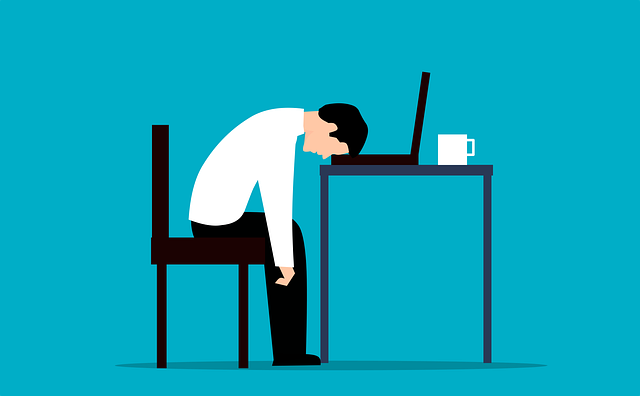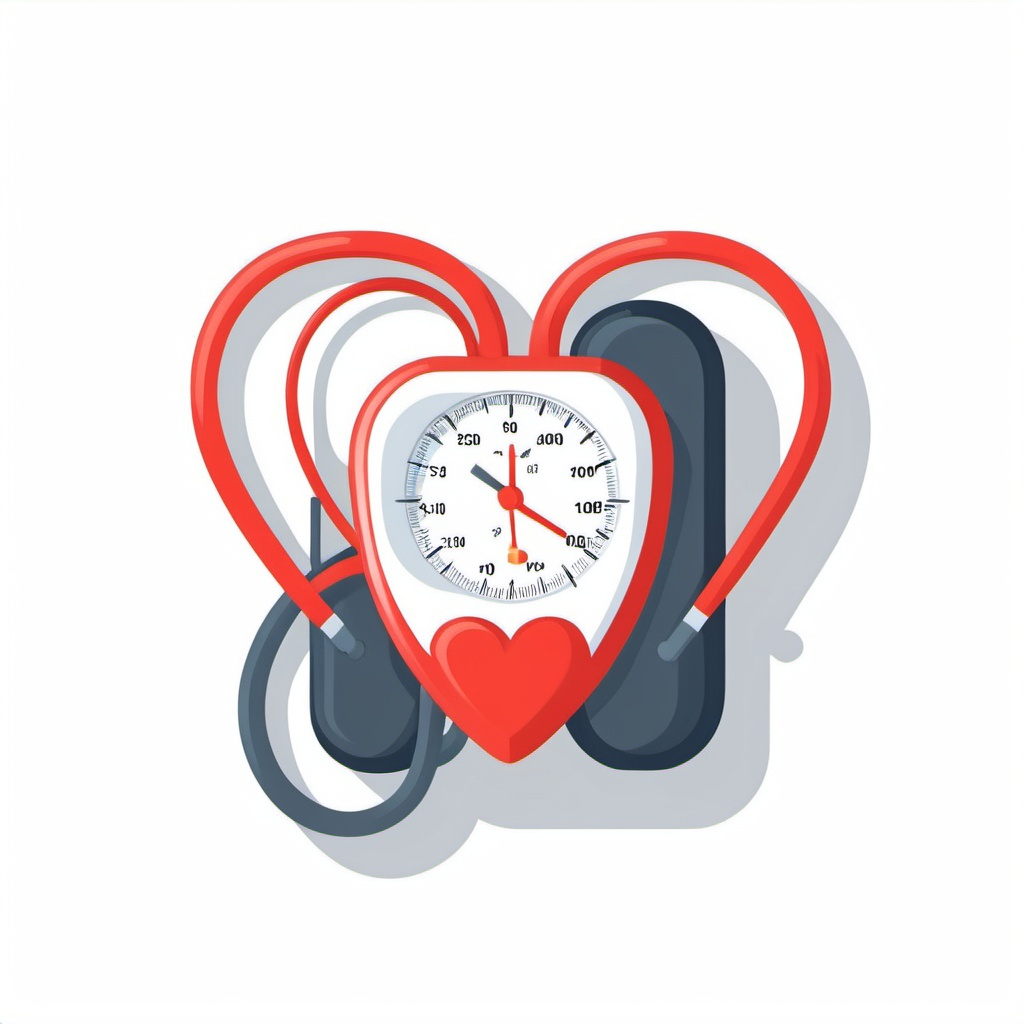
Anxiety
Anxiety is a natural response to stress or danger, but when it becomes excessive or persistent, it can interfere with daily life. Imagine anxiety as an internal alarm system that becomes hyperactive, sounding the alert even when there’s no real threat. Anxiety disorders encompass various conditions, including generalized anxiety disorder (GAD), panic disorder, and social anxiety disorder.
Symptoms and Causes
Symptoms of anxiety can range from emotional signs, such as constant worry and irritability, to physical symptoms like a racing heart, sweating, trembling, or shortness of breath. Chronic anxiety can also cause headaches, digestive issues, and trouble sleeping. In severe cases, individuals may experience panic attacks, which are sudden episodes of intense fear and physical symptoms.
Anxiety disorders often arise from a combination of genetic, environmental, and psychological factors. Stressful life events, brain chemistry imbalances, and a family history of anxiety or other mental health conditions are common contributors.
Prevalence and Prognosis
Anxiety disorders affect nearly 40 million adults in the U.S. each year, making them one of the most common mental health conditions. The good news is that anxiety is highly treatable. With appropriate care, most individuals see significant improvement, although some may need long-term management.
Management and Treatment
Treatment for anxiety often includes a combination of therapy, medication, and lifestyle changes. Cognitive Behavioral Therapy (CBT) is highly effective, helping individuals recognize and change negative thought patterns. Medications, such as antidepressants or anti-anxiety drugs, can also provide relief. Additionally, techniques like mindfulness, deep breathing, and regular exercise can help manage symptoms.
Living with Anxiety
Living with anxiety involves learning to recognize triggers and develop coping strategies. Building a strong support network of friends, family, or support groups can provide emotional relief. Developing a daily routine that includes stress-reducing activities, such as meditation or hobbies, can also enhance quality of life. Open communication with healthcare providers ensures the condition is well-managed over time.
Top Concerns
- Managing Symptoms – Anxiety manifests as excessive worry, restlessness, irritability, and physical symptoms like a racing heart and difficulty breathing. Managing these symptoms can be overwhelming, especially when they interfere with work, relationships, and daily activities.
- Triggers and Avoidance – Identifying triggers, such as stressful situations, social interactions, or specific environments, is critical. However, avoidance of triggers can sometimes lead to isolation and reduced quality of life.
- Treatment and Side Effects – While therapy and medication are effective for many, individuals often worry about the side effects of medications like antidepressants and benzodiazepines. Finding the right treatment plan can be a lengthy and stressful process.
- Stigma and Misunderstanding – Anxiety is often misunderstood or dismissed by others, leading to feelings of shame or inadequacy. Many people with anxiety worry about being judged or not taken seriously.
- Impact on Physical Health – Chronic anxiety is linked to physical health issues, including high blood pressure, gastrointestinal problems, and weakened immune function. These health risks add to the overall burden of the condition.
Featured in Anxiety
- Mindfulness: A Simple Tool for Men’s Mental Health
 Mindfulness is the practice of being present in the moment without judgment. It can help reduce stress, improve focus, and…
Mindfulness is the practice of being present in the moment without judgment. It can help reduce stress, improve focus, and… - Social Anxiety Decoded: When Small Talk Feels Like a Marathon
 If you’ve ever broken into a sweat at the mere thought of mingling at a party or felt your heart…
If you’ve ever broken into a sweat at the mere thought of mingling at a party or felt your heart… - Testimony in P. Diddy’s Trial: A Public Reckoning with Private Pain
 In recent headlines, singer Cassie Ventura’s lawsuit and testimony against Sean “P. Diddy” Combs have cast a powerful spotlight on…
In recent headlines, singer Cassie Ventura’s lawsuit and testimony against Sean “P. Diddy” Combs have cast a powerful spotlight on… - Stress and Its Impact on Your Physical Health
 Stress doesn’t just affect your mood—it takes a toll on your body too. Chronic stress can contribute to high blood…
Stress doesn’t just affect your mood—it takes a toll on your body too. Chronic stress can contribute to high blood… - Building a Strong Support System: Essential for Men’s Mental Health
 Having a strong support system is crucial for men’s mental well-being. It provides a safety net during challenging times, offers…
Having a strong support system is crucial for men’s mental well-being. It provides a safety net during challenging times, offers… - Navigating Mental Health in the Workplace
 Workplace stress is real, and it can take a toll on your mental health. Whether it’s tight deadlines, long hours,…
Workplace stress is real, and it can take a toll on your mental health. Whether it’s tight deadlines, long hours,… - Navigating the Fuzzy Space Between Stress and Anxiety
 Your heart races before a big presentation. Your thoughts spiral at 3 AM about tomorrow’s deadline. That familiar knot forms…
Your heart races before a big presentation. Your thoughts spiral at 3 AM about tomorrow’s deadline. That familiar knot forms… - Obesity and its Numerous Comorbidities
 Obesity significantly impacts multiple organ systems and is associated with numerous comorbid conditions that can substantially affect health outcomes and…
Obesity significantly impacts multiple organ systems and is associated with numerous comorbid conditions that can substantially affect health outcomes and… - New Study Finds 17 Ways to Lower Your Risk of Stroke, Dementia, and Depression
 What if you could make a few changes to your daily routine — and in doing so, reduce your risk…
What if you could make a few changes to your daily routine — and in doing so, reduce your risk…
Top Health Stories
- Breathe Easy: COPD Treatment Options ExplainedCOPD can make everyday life feel like you’re trying to suck air…
- A Digestible Holiday Feast That Won’t Ruin the Cheer!Ah, the holidays—a time for family, fun, and way too much food.…
- Leafy Greens for the WinSpinach, kale, and Swiss chard are the unsung heroes of the anti-inflammatory…
- Turmeric: The Golden HealerTurmeric isn’t just a spice; it’s a golden treasure for those dealing…
- Relaxation Tips for Health and HormonesStress is like that uninvited guest at your party—it overstays its welcome…
- Flex Your Way to a Happy ProstateExercise isn’t just about building muscle or fitting into those old jeans—it’s…

